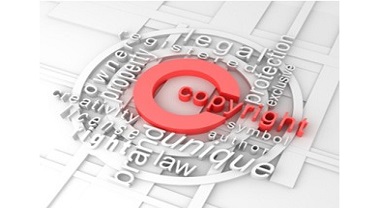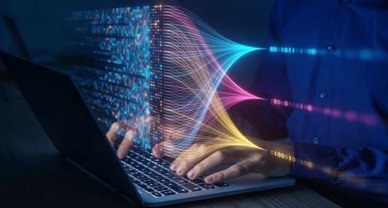IPLF: Providing Efficient Copyright Services
Copyright protects the literary, dramatic, musical, and artistic work, cinematographic work, and sound recordings. This form of intellectual property gives an absolute right to the creator and the author for their work and any infringement can be claimed. Literary works also include computer programs, tables, and compilations including computer databases which may be expressed in words, codes, schemes, or in any other form, including a machine-readable medium. The legislation behind it is the Copyright Act of 1957. This act protects the expression of the author and not the idea. Section 13 of the act provides the work in which the copyright subsists. The section confers protection on literary works, dramatic works, musical works, artistic works, cinematograph films, and sound recording.
Section 14 of the copyright act provides the rights that can be exercised by the owner of the copyright or by any other person who is duly licensed in this regard by the owner of the copyright. These rights include the right of adaptation, right of reproduction, right of publication, right to make translations, communication to the public, etc. The originality of the work has to be there. This means that the work must not be copied from anywhere. Like in the case of a trademark, the registration of the copyright is optional but it is highly advised to get it registered since it helps while proving the ownership of the work and even the originality.
[Image Source: Study.com]
The authors have the economic right for the work under section 14 of the act. This makes it an asset for the author in the long run and also creates a viable opportunity for the business. The author has the right, as described above, for performing, publishing, etc. The authors in the case of computer programs have also the right to offer the hire or sale of the copy of the computer program. All this work entails in itself the economic rights for the same. In addition to the aforesaid rights, the author of a painting, sculpture, and drawing or of a manuscript of a literary, dramatic, or musical work, if he was the first owner of the copyright, shall be entitled to have a right to share the resale price for an original copy as well. Also, the author enjoys the moral right as well being the right of paternity and integrity.
The copyright also provides the right to the author in case the infringement is done outside the Indian Territory. The courts have jurisdiction to adjudicate upon disputes arising within the territories of India. Hence, a website based outside India that facilitates the infringement of copyright by providing infringing copies of a work to users in India will confer jurisdiction on the courts in India to adjudicate the matter. The copyright if enforced in a very rigid sense can hamper the development of such artistic work as well. Hence the copyright comes up with various such defenses which the author can use to put the defense. These defenses may include the use of fair use doctrine in which the use of the matter is only fair to use and not such infringement is intended. Similarly, the author can also use the defenses of de minimus or scenes a fair. These defenses come very handily if any such infringement proceeding is taken to court.
Our Approach : For Copyright Services
A lot of copyright infringement suits come up with more advent of social media presence and video making with content creation. IPLF offers our clients a complete package of services related to Copyright registrations so that our clients can take benefit of their IPRs without much hassle. Our team of experts has specialization in dealing with complex matters such as Copyright infringement matters, Copyright registration process, Licensing of Copyrighted work, Enforcement of Copyright, Responding to Copyright objections, among other allied services. Further, our experts help clients in developing the whole legal framework for licensing and franchising their Copyrightable subject matter and in the proper enforcement of it.
Author: Saransh Chaturvedi (an advocate) currently pursuing LLM from Rajiv Gandhi School of Intellectual Property Law (IIT Kharagpur). In case of any queries please contact/write back to us at support@ipandlegalfilings.com.




